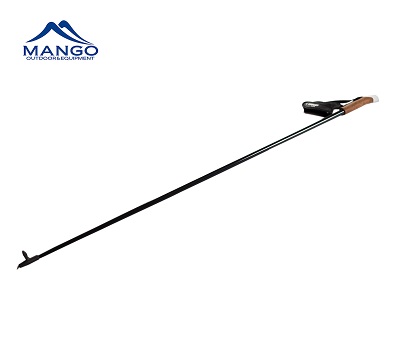Skiing can be cardio-enhancing, but it does require a certain amount of experience and skill. MANGO will tell you some skiing tips to help you ski safer and cooler.
Skiing is risky?
Skiing can be cardio-vascular, but it does require some experience and skill. Poor choice of equipment or substandard equipment can make it difficult to control speed and stop on the piste, so that you hit someone else or fall straight down, which can easily sprain your knees and ankles and lead to broken bones or strained ligaments. In addition, falls often involve bracing the hands on the ground, which can easily injure the wrists or crack the tailbone area.
Equipment factors
Ski rental equipment is relatively inexpensive and not of high quality, plus repeated long-term use leads to scarred skis and reduced protection of the snowboard and snowshoe separator, which prevents skiers from disengaging in time after a fall, leading to leg sprains and even fractures. Therefore, skiers should listen to the advice of professional instructors when choosing skis and snow shoes, and choose the right skis and ski poles to avoid hidden dangers.
Skiing when tired or injured
Skiing is an intense sport in alpine conditions, with high physical exertion, which leads to fatigue. Fatigue and injury can lead to a build-up of muscle acidity and a lack of energy in the body, which in turn leads to a reduction in muscle flexibility, poor stretching and injury. Reduced organ function at the site of injury can stretch joint ligaments and make them more susceptible to injury if they are then given strong stimulation.
Inadequate preparation
Preparation activities are basic exercises to improve blood circulation, reduce muscle viscosity, increase muscle strength, increase joint flexibility and increase central nervous system excitability, and improve the function of the body’s organs and systems, thus allowing for more coordinated and accurate technical movements. If the skier does not prepare adequately, muscle extension and body coordination are not fully utilised, which can easily lead to muscle and ligament strains.
1.You must wear protective gear when skiing and be fully prepared for stretching before skiing.
2.Choose a piste suitable for you to ski, newcomers should not blindly go to the intermediate and advanced piste, which is very dangerous.
3.Control their own skating speed in the skating time, do not high-speed slope, otherwise it may be so easy to hit people or be hit, the consequences are unimaginable, which we often call “torpedo”.
4.After falling on the piste, immediately observe the situation above the piste to avoid being hit by the slide down from above.
5.Please do not rest or stay in the middle of the piste, if you need to rest to the edge of the piste, the view of the open place to rest, to let the piste down the snow friends see you, in advance to avoid, if you are skiing is a single board, take off the board when you must look after their own snowboard, placed in the piste, please buckle, to avoid the snowboard rushing slope, hurt the snow friends below, hindering other skiers.
6.Practice back to the mountain or on the piste when gliding sideways, first observe whether there are skiers above the piste fast approaching, pay attention to avoid, so as to avoid collision.
7.When skiing, the skier in front has priority, please control the speed and attitude to avoid colliding with others, skiing with fun, but safety is the most important.
Can’t find good quality ski poles at a low price? How much do you think ski poles cost? Come to MANGO to find out!

